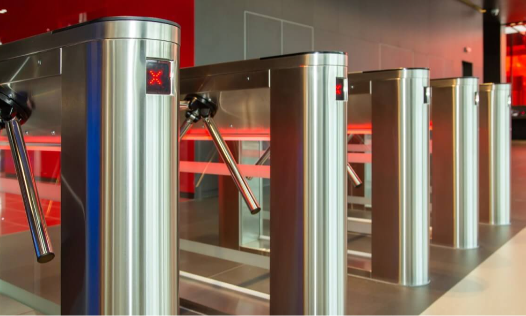Payment is being processed. Please do not refresh or close this page until your payment is complete.
 Book an Appointment
Book an Appointment

The decision of the European Union to delay the implementation of the new border system has caused mixed reactions in the UK.
The EU announced just last week that the Entry/Exit System (EES) launch will be delayed again, removing the November 10 implementation date from the table, Schengen.News reports.
As the Commission explained, the main reason for postponing the launch of the EES once again is that the technology is not ready yet and that some member states have yet to complete work on the matter.
Following this decision, the leader of Kent County Council, Roger Gough, said that the delay could be an opportunity to address some concerns that have been raised so far about the scheme, BBC explains.
While Gough tried to see the situation in a better light, the case is not the same for some others. Eurotunnel, which has been working on the matter to provide a smooth transition, found the postponement of the EES launch disappointing.
Expressing discontent, Eurotunnel said that it had spent around €83.7 million (£70 million) in building infrastructure, developing technology, installing the kiosks that will be used for registration, and hiring additional staff.
Taking into account the large amount that the company has spent to prepare for the EES launch, it said that it is considering legal action against the EU and requiring compensation for a part of its costs due to the delay.
Once launched, the new system will apply to Britons and all other non-EU citizens at all airports, land borders, train stations, and ports when crossing the EU’s external borders.
High Proportion of Brits May Choose Not to Travel to EU When EES Launches
Differently from Eurotunnel, Brits might have welcomed the delay as they will be able to travel to the EU this winter without having to undergo the registration process, for which they have expressed many worries.
A recent research from Co-op Insurance revealed that one in five Brits may choose not to travel to the EU member states once the EES is launched.
Brits who took part in the survey said that the new border measure would make them feel stressed, anxious, and nervous, thus pushing them to opt for destinations other than those in the EU.
Those aged 44 and over said they are more likely to cancel their trip to the bloc due to the reasons mentioned above. On the other hand, those aged between 18 and 44 said they are less likely to cancel their travel plans when the EES goes live.
Source: https://schengen.news/eus-entry-exit-system-implementation-delay-causes-mixed-reaction-in-uk/